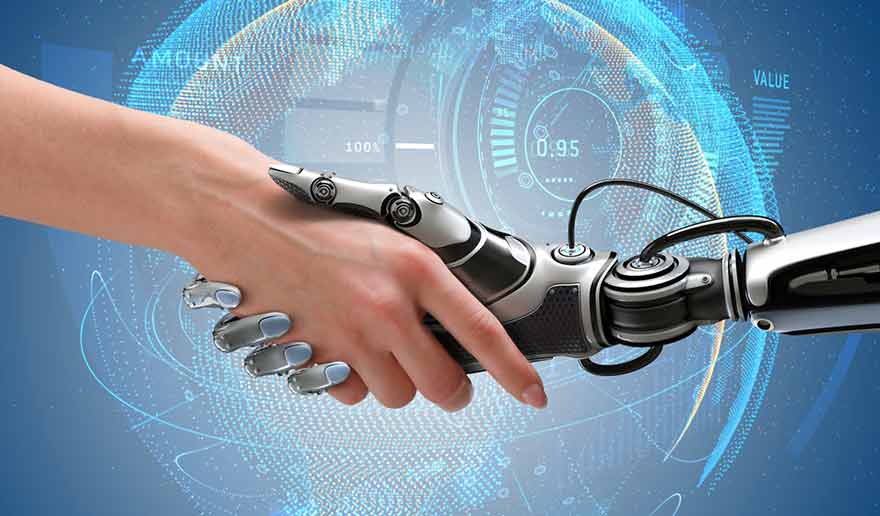READ UP : China: 100 million workers to be replaced by robots
READ UP : Silicon Valley: blues or precursors of a revolution?

READ UP : China: 100 million workers to be replaced by robots
READ UP : Silicon Valley: blues or precursors of a revolution?




Already registered? I'm connecting
Register and read three articles for free. Subscribe to our newsletter to keep up to date with the latest news.
→ Register for free to continue reading.

You have received 3 free articles to discover UP'.





